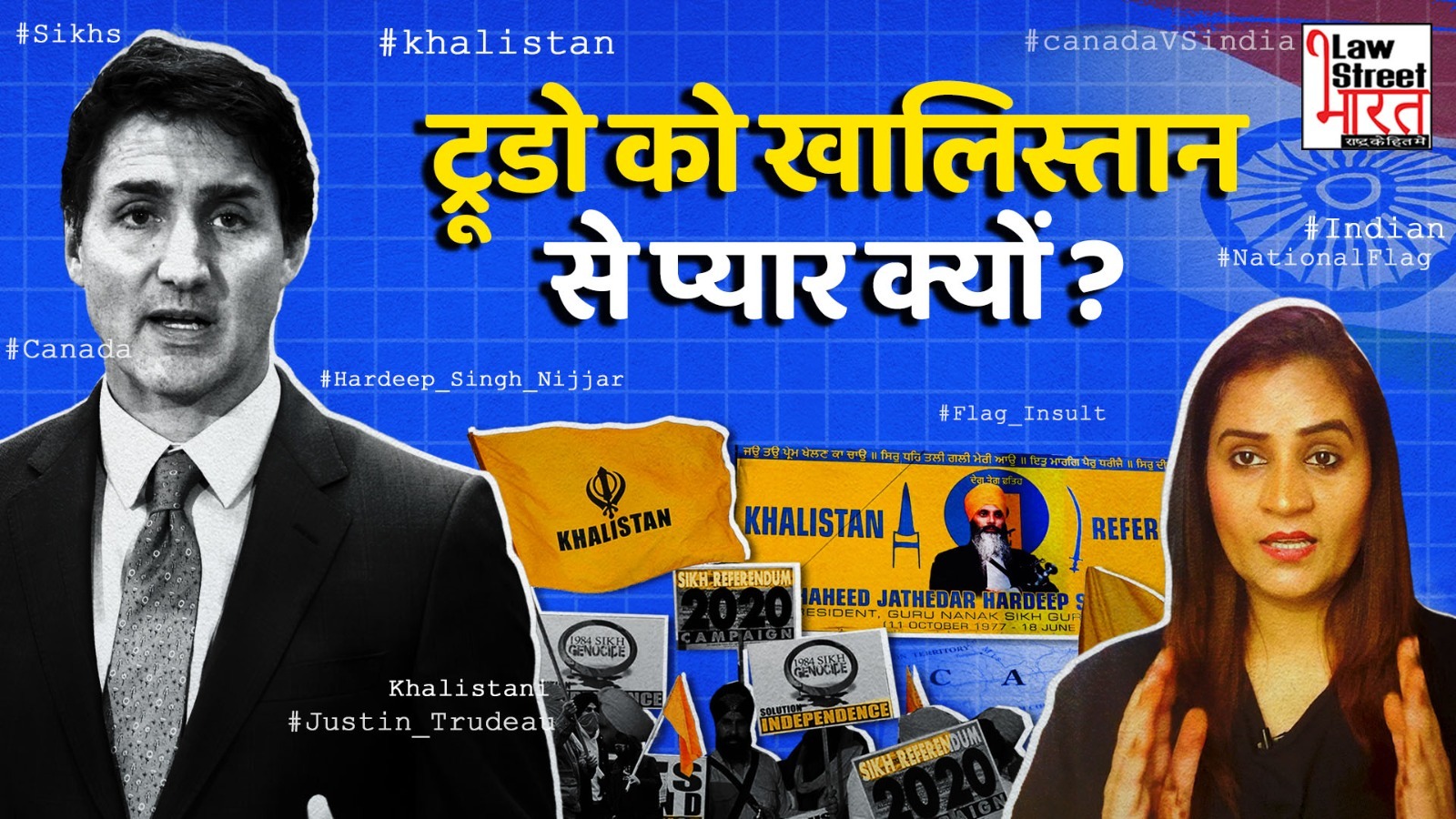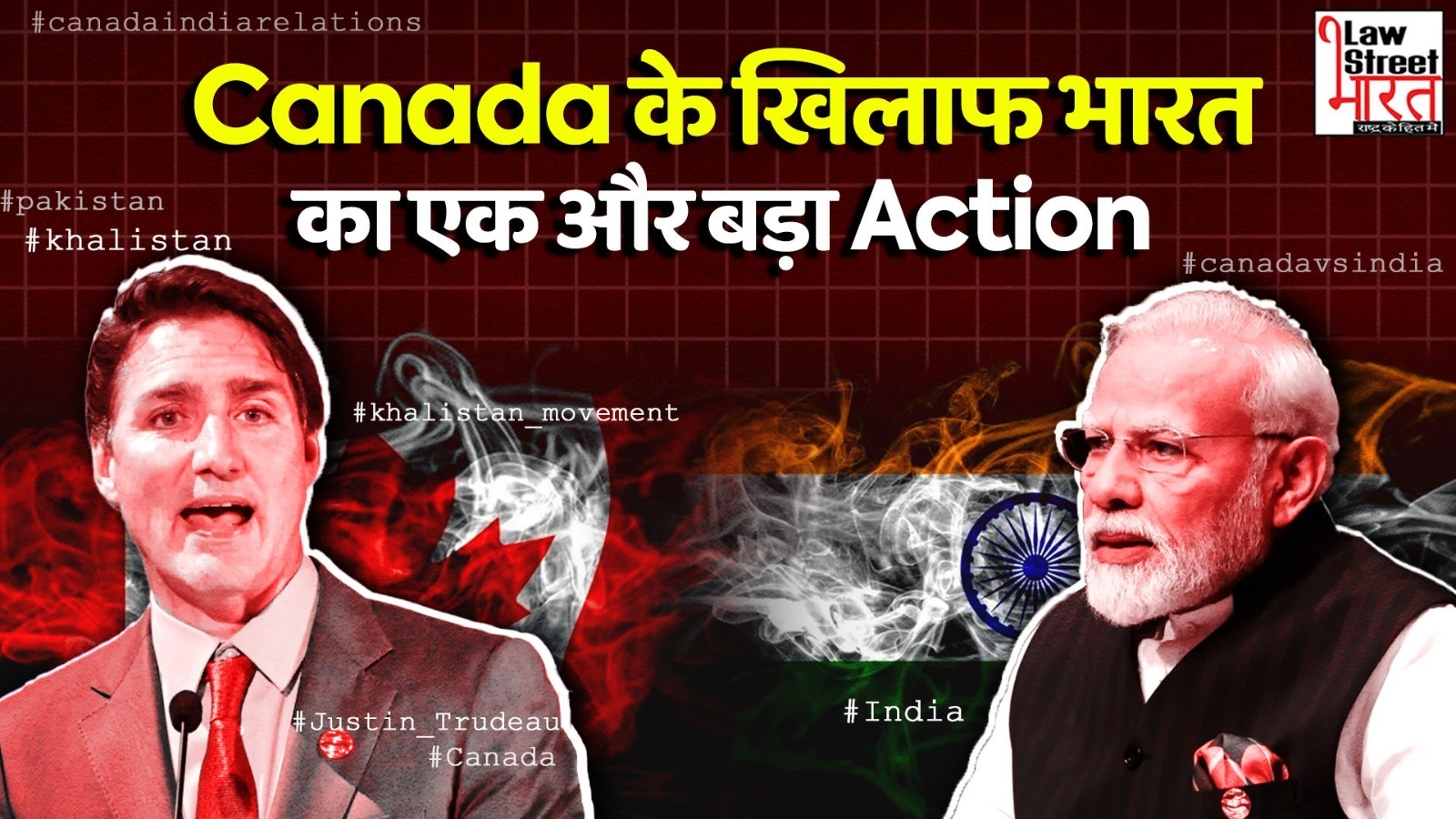The dispute between Canada and India took root when Prime Minister Justin Trudeau voiced Canada's investigation into "credible allegations" of potential Indian government involvement in the murder of Hardeep Singh Nijjar in British Columbia in June. India vehemently denied these allegations, labeling them as "absurd," leading to the expulsion of diplomats from both nations.
Trudeau's Support for Khalistan: A Delicate Balancing Act
One significant factor influencing Trudeau's approach and his reluctance to take action against Khalistani groups is the precarious position of his minority government. During early elections, Trudeau's Liberal Party failed to secure a majority, relying instead on the support of the New Democratic Party (NDP), led by Indian-origin politician Jagmeet Singh, known for his sympathies towards Khalistan. The NDP pledged to back the government until the next election in autumn 2025.
Understanding the Khalistan Movement: A Historical Perspective
The Khalistan movement seeks the establishment of a Sikh homeland within the Punjab region. It originates from the 15th century when India was under Mughal rule. This movement has been consistently opposed by the Indian government, considering it treasonous. The Punjabi Suba movement emerged in 1947, calling for a Punjabi-speaking autonomous Sikh state. In 1966, Punjab was established with Chandigarh as its capital. However, in the 1970s and 80s, the Khalistan movement resurfaced among Sikhs in India and abroad.
The movement reached a critical point in 1983 when religious militant leader Jarnail Singh Bhindranwale and his armed followers seized the Golden Temple. This prompted Prime Minister Indira Gandhi to launch 'Operation Blue Star,' resulting in Bhindranwale's death, extensive damage to the Golden Temple, and eventually, the assassination of PM Indira Gandhi by her Sikh bodyguards.
India and Canada Relations Under Strain: The Khalistan Factor
The Khalistan issue continues to be a source of tension in India, particularly due to its significant presence in Canada.
According to the MEA's 2013 data, Canada is home to 962,670 Persons of Indian origin (2006 Census), with Sikhs constituting 50%, Hindus 39%, and the remainder belonging to various other religions.
In a recent address at the Council on Foreign Relations in New York on September 27, External Affairs Minister S. Jaishankar criticized Canada.
He highlighted Canada's growing concern over organized crime, secessionist forces, violence, and extremism, all deeply intertwined. Despite repeated warnings, Canada appears to provide a platform for extremist ideologies.






![Canada-India Relations Strained Over Hardeep Singh Nijjar's Killing [Watch Report]](/secure/uploads/2023/09/lj_1485_fe24a05d-ffd9-480b-838b-21b714b284db.jpg)








